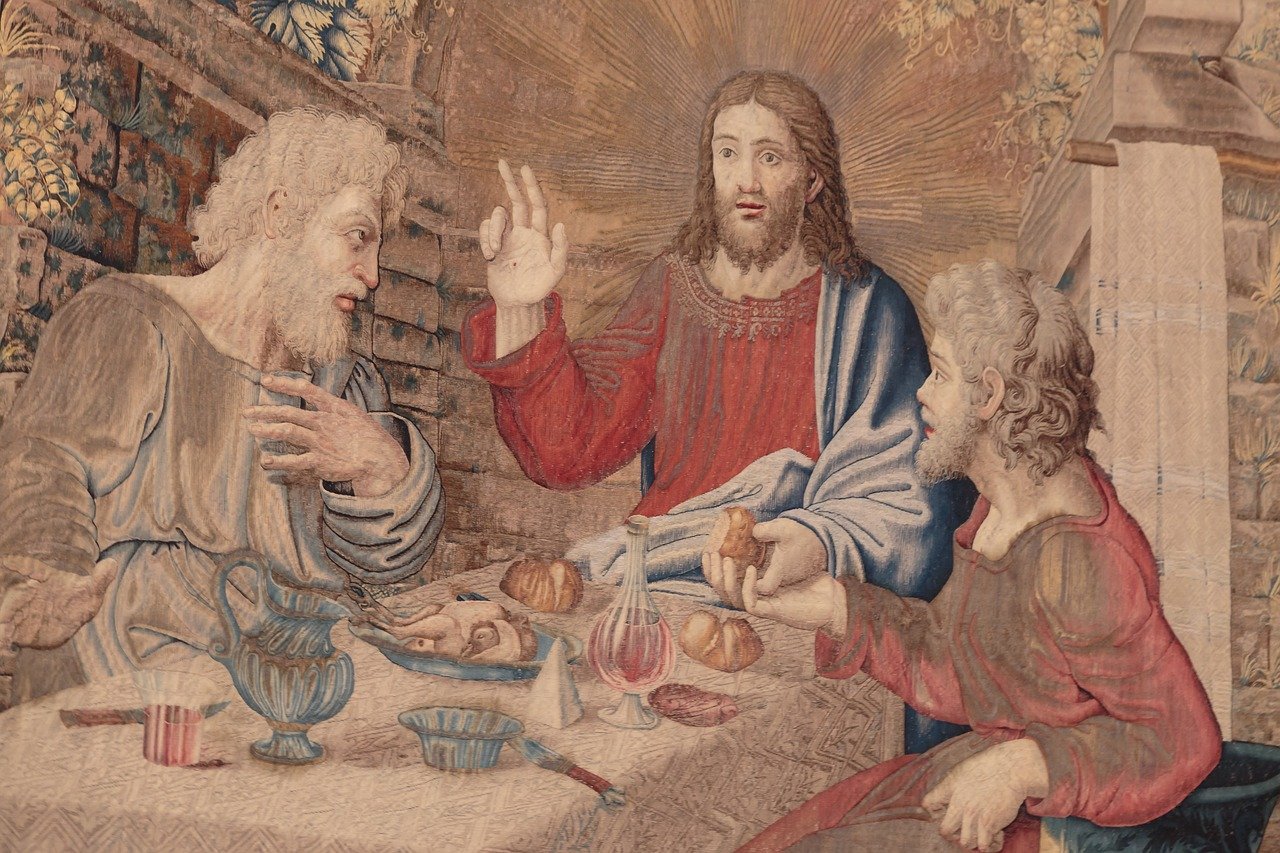
The virtue temperance is often conflated with the Temperance Movement, a social phenomenon of the 19th-20th centuries. The movement decried consuming alcohol to the point of intoxication. Its adherents promoted moderation or, in some expressions, teetotalism: complete abstinence from liquor. The movement was fueled by some effects of drinking in the industrial age, including injury, crime, disease, death, and suicide. Churches took up the cause, as alcohol often had an adverse affect on families. Emerging religious groups, like the Seventh Day Adventists and Mormons, promoted teetotaling as a pillar of their teaching. Other groups sought to close saloons early, restrict sales, or increase taxes.
In 1920, the movement led to the legal measure of Prohibition in the United States. The Eighteenth Amendment banned the manufacture, sale, and distribution of alcohol across the nation. Other countries like Russia preceded the U.S. in prohibition, while Great Britain, Australia, New Zealand, Norway, Finland, Iceland, and Canada attempted selective restraints. By 1933, the U.S. was ready to repeal nationwide Prohibition with the Twenty-First Amendment. It was determined that making drinking essentially illegal had proved cumbersome to enforce, encouraged unhealthy drinking habits, fostered organized crime, and hurt the nation’s economy.
This history clouds the issue of what the virtue of temperance offers to those who practice it. Temperance is one of four cardinal (“hinge”) virtues, along with prudence, justice, and fortitude. It refers to the development of self-control, which is the hallmark of the mature person. Temperance is gained by educating one’s passions to orient habitually toward the good. Resisting temptations to indulge in over-eating, excessive drinking, casual sex, fits of rage, money lust, monopolizing conversations, aggressive displays of ego, or other unbridled exercises of desire isn’t enough to qualify one as a temperate person. Genuine temperance must lead a person to organize each choice toward a greater good.
So, while severe dieting may seem temperate, if it harms the health, it isn’t. Sexual abstinence to prove one’s personal righteousness would also not qualify. Withholding your anger and giving someone the silent treatment doesn’t resolve the argument. When the good choice also becomes the natural one, the virtue of temperance is on display. And yes: we still need it.
Scripture: Genesis 3:6; 9:20-21; Leviticus 10:8-11; Deuteronomy 21:20; Psalm 68:31; Proverbs 20:1, 3, 13, 21; 23:2-8, 19-35; 31:1-7; Sirach 18:30-33; 19:2; 23:6; 31:12-31; 37:27-31; Isaiah 5:8-16; 28:1-3, 7-9; 56:9-13; Daniel ch. 13; Matthew 11:18-19; Luke 12:16-21; Galatians 5:16-23
Books: Public Dimensions of a Believer’s Life: Rediscovering the Cardinal Virtues, by Monika Hellwig, (Sheed & Ward: 2005)
The Virtue Driven Life, by Benedict Groeschel, CFR (Our Sunday Visitor, 2006)



